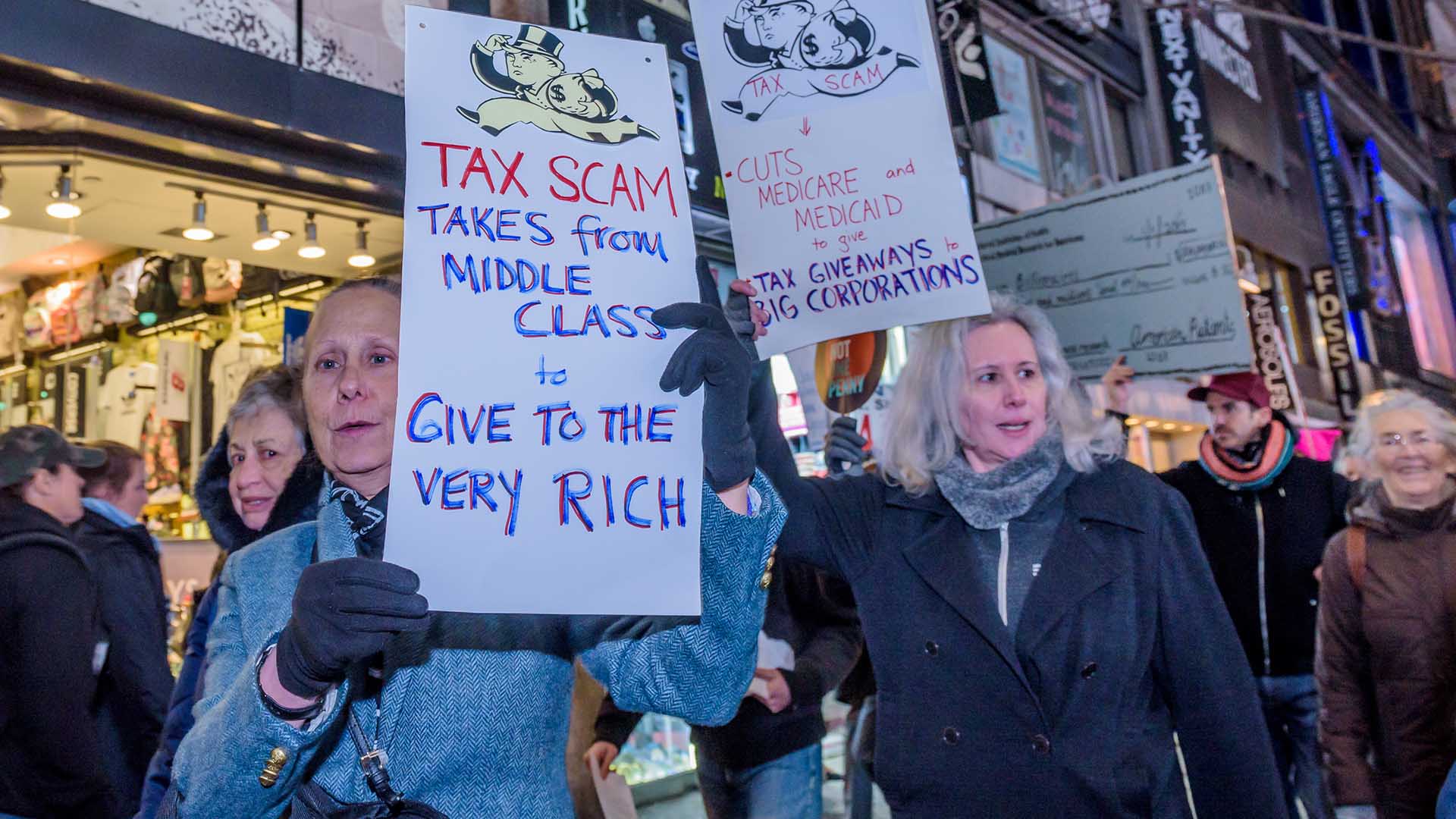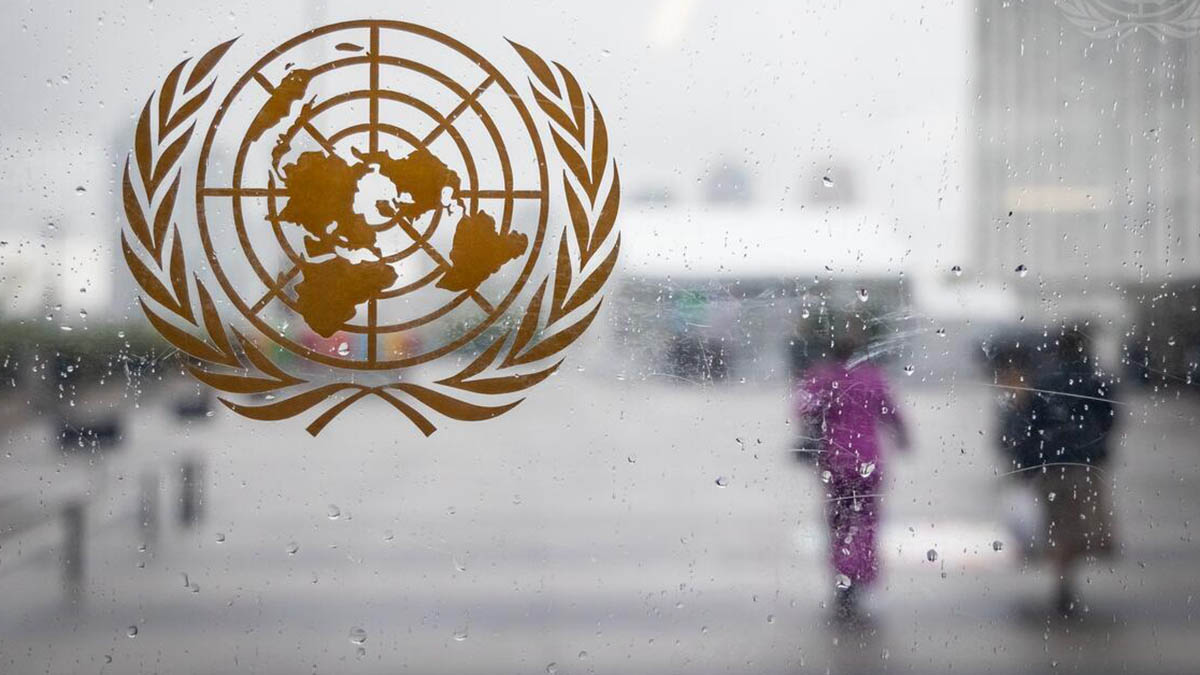A complex worldwide plan to clamp down on corporate tax havens is making rapid strides on the geopolitical stage, but its fate might ultimately lie in the halls of a deeply divided United States Congress.
Last weekend, the Group of 20 major economies backed an ambitious global tax plan that would effectively create a floor for how low countries could collectively set taxes on highly profitable companies in order to discourage tax avoidance. The G20’s approval came shortly after 130 of the member states that make up the bulk of the Organization for Economic Cooperation and Development signed on to support a blueprint for the plan earlier this month.
“The race to the bottom is one step closer to coming to an end,” U.S. Treasury Secretary Janet Yellen, a main driver of the global negotiations, said of the broad global agreement. Yellen said the plan’s backers include countries accounting for more than 90% of worldwide gross domestic product.
The plan would set a global minimum tax rate of 15% for large, profitable companies. It would generally not force countries to raise their tax rates but would compel companies to pay tax collectors in countries where they do business so that the companies’ annual tax bills meet the plan’s global threshold.
The new tax system would seek to force companies to pay more taxes where they actually operate, as opposed to funneling profits to low-tax jurisdictions, such as Ireland and the Cayman Islands, where firms exploit various loopholes to avoid taxes. The change is a long-held goal of taxation activists around the world.
Investigations by the International Consortium of Investigative Journalists like the Paradise Papers and Lux Leaks exposed the extensive and sometimes downright baroque measures firms take to move profits to tax havens to lower their tax bills.
When ICIJ’s 2014 Luxembourg Leaks investigation exposed how hundreds of prominent multinational companies were using secret deals with the Luxembourg government to slash their global tax bills, the tiny European nation’s finance minister, Pierre Gramegna, called the investigation a “game-changer,” and said ICIJ’s reporting had brought the world’s attention to the issue.
In 2017, ICIJ’s Paradise Papers shed light on tax maneuvers of more than 100 multinational corporations, including Nike and Apple, which shifted profits around the world to accumulate $252 billion offshore. A recent study showed that, in one year, corporations have shifted a stunning $1 trillion offshore, depriving governments of hundreds of billions of dollars in tax revenue.
After a decade of multilateral discussions, nudged along by corporate tax scandals, the new tax plan’s stellar advances on the global stage in the past few months are impressive. But its biggest test yet may be whether it can find official parliamentary approval in the many countries whose leaders have recently endorsed it.
The U.S. looms prominently among these. The Biden administration will have to push a pair of major bills that the plan relies on through the U.S. congress. One of the key pillars of the plan relies on creating new mechanisms to tax firms across borders, many observers believe that the plan will rely on U.S. Congress adjusting international treaties to ensure the U.S.’s participation in the new tax system, according to the Wall Street Journal. Changes to treaties often require a two-thirds vote in the U.S. Senate — a rare majority for a plan that would amount to a big partisan win for Democrats.
Senate Republicans have already announced their opposition.
“Why would we want to commit to doubling our global minimum tax, that’s a very bad policy,” Sen. Pat Toomey, the ranking Republican on the Senate Banking Committee, recently told the news website Insider.
Last week, the conservative-leaning editorial page of the Wall Street Journal, which has significant sway in Republican circles, called the deal “bad for the U.S.,” saying it would make American firms less competitive.
U.S. conservatives are not the only ones questioning the proposed system. Low-tax countries like Ireland and Estonia have also balked at supporting the deal — another factor endangering the plan’s overall viability. Critics have alleged that the deal could limit badly needed foreign investment in poorer countries with low tax rates. And, because a major part of the plan would target highly profitable companies, it could exclude some of the most important global firms that often make little or no profits on paper while growing their executives’ wealth by billions. The OECD has taken recent steps to specifically ensure that portions of Amazon’s business are included in the system.
Although the tax plan’s future remains uncertain, Yellen says that the negotiations have been a hopeful triumph for cooperation between countries on complex issues around taxation.
“These past six weeks have really been momentous for economic diplomacy,” Yellen said this week, according to the Wall Street Journal. “We’re seeing a revival of multilateralism.”







